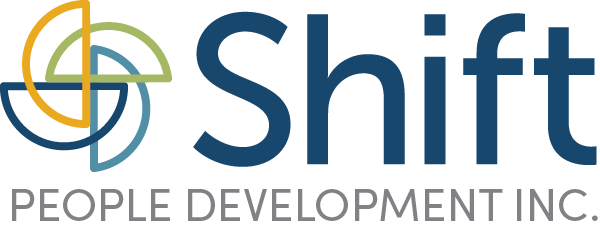We’ve all heard it. Some of us, including me, have said it. “Feedback is a gift!”
But is it?
Effective feedback conversations are an essential tool for helping everyone in a company improve performance and develop into the best version of themselves. But I see these 4 words posted so often on LinkedIn (no shame or judgement if you have said this very thing) that I felt it was time to explain what is takes to ensure feedback conversations are effective. And to clarify, I do think feedback CAN BE a gift. But haven’t you ever received a gift and it wasn’t what you wanted or just wasn’t a fit for you?
As a leadership coach who trains and coaches managers, I can tell you that knowing how to give effective, useful feedback to your team members is a game changer. It is also my experience that most managers believe they are providing useful, effective feedback to their employees but are missing the mark on the specificity and intention of the feedback.
Here are the top 3 reasons why feedback is often not helpful, and what to do instead:
1. The Feedback Is Not Actionable.
Explaining the impact an employee’s actions are having on themselves or the team AND telling the employee WHY you are giving them feedback are two key ingredients for effective feedback that get missed by most managers.
Some employees will improve their behaviour as soon as their manager suggests a change, but most will need a reason to change. Connecting the feedback and the desired change in behaviour to something that is important to the employee, such as career growth, will ignite the intrinsic motivation the employee will need to put in the effort to change. Second, letting an employee know why you are giving them feedback also lets the employee know that you are not simply picking on them or being the overbearing manager. (Pro Tip: The ‘why’ must be related to something that is important to the employee.)
2. The Employee Doesn’t See the Value in Changing and They Don’t Understand the Impact of Their Behaviour
Explaining the impact an employee’s actions are having on themselves or the team AND telling the employee WHY you are giving them feedback are two key ingredients for effective feedback that get missed by most managers.
Some employees will improve their behaviour as soon as their manager suggests a change, but most will need a reason to change. Connecting the feedback and the desired change in behaviour to something that is important to the employee, such as career growth, will ignite the intrinsic motivation the employee will need to put in the effort to change. Second, letting an employee know why you are giving them feedback also lets the employee know that you are not simply picking on them or being the overbearing manager. (Pro Tip: The ‘why’ must be related to something that is important to the employee.)
3. The Feedback Is Not Focused on the Learning Opportunity
It’s important to remember how adults learn when initiating feedback or coaching conversations. Adults learn and develop best when their manager recognizes the knowledge and skills the employee is bringing to the table and can connect new behaviour and expectations to that expertise.
An employee may shut down when constructive feedback is delivered with the spirit of pointing out what the employee is doing wrong and telling them they need to do or be something different. Delivering constructive feedback with the purpose of understanding what is going on for that employee in that moment and to help them build on what they already know presents a learning opportunity for an employee.
Please note that I am not saying a manager should sugar coat feedback. A manager can be direct with what is expected from an employee while connecting that desired behaviour to the employees existing talent.
BONUS TIPS:
- You can be direct AND kind!
- Don’t use the Sh*t Sandwich. Keep positive and constructive conversations separate.
According to OfficeVibe, 65% of employees want more feedback and companies that implement consistent feedback conversations with employees experience 14.9% lower turnover rates.
Feedback conversations are a powerful tool in any manager’s toolbox for inspiring the best possible performance from an employee or colleague. If you notice that your feedback conversations are shutting an employee down instead of opening them up, I recommend you give yourself the gift of reach out to me to discuss my training and tools on how to have stress-free feedback conversations!

